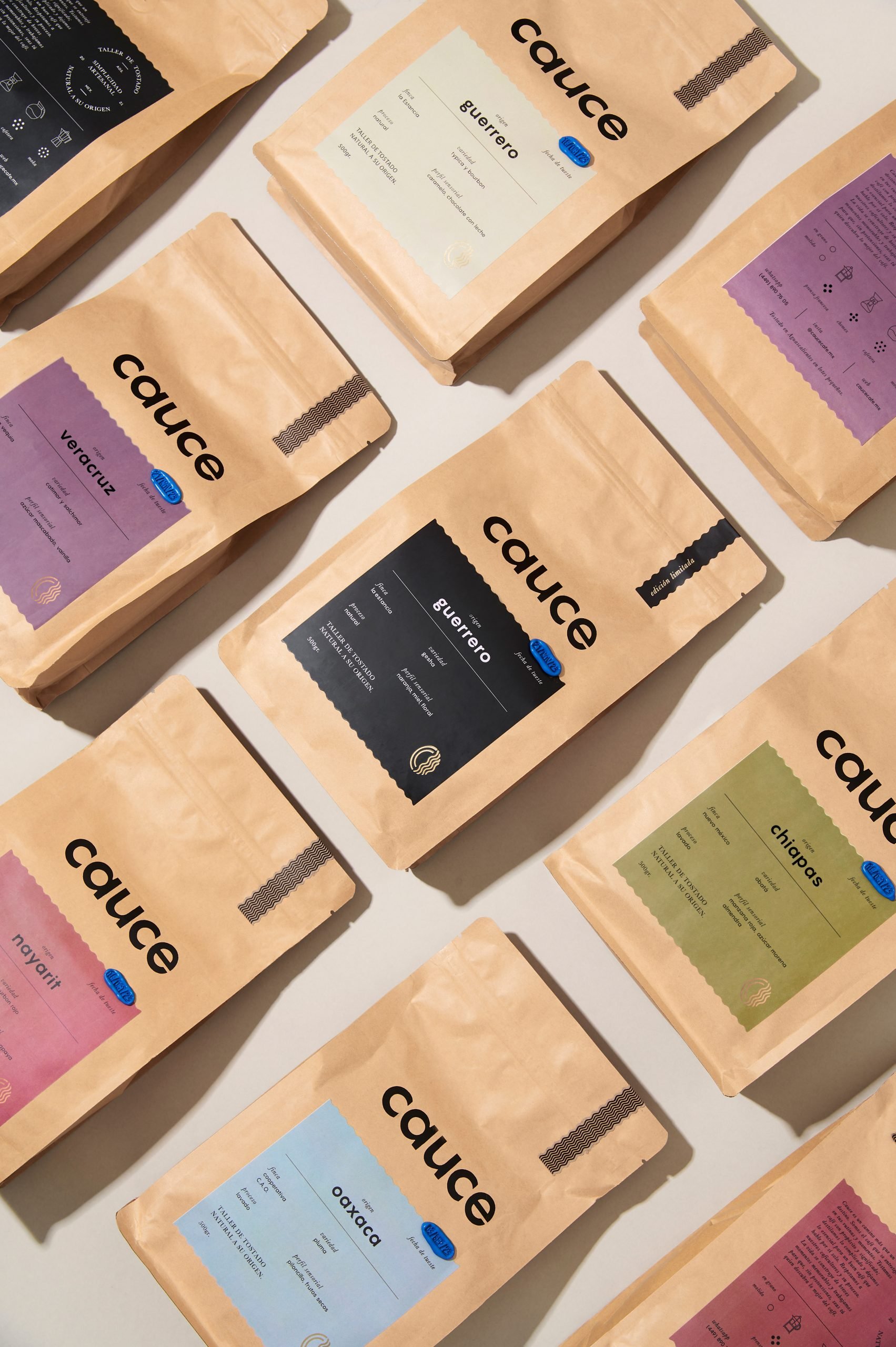You may be surprised to learn all of licenses that Brothee requires to cook, package, and sell their simply delicious organic broths. “To name a few we currently have public health permits, inedible permit/transporter of inedible materials permit (for composting), processed food registration, business license, sellers permit, reseller’s permit, among others,” Rhys Cazenove, Founder & CEO and Tricia Rosensohn, COO & Creative Director of Brothee mentioned. These are all in compliance with the commercial kitchen space they use, LA Prep, as well as the farmer’s markets in Los Angeles County where they sell. Additionally, not only do they need individual permits for each city the markets are based, but many of them require annual and even quarterly renewal.
This can come as somewhat intimidating news for aspiring entrepreneurs interested in turning some of their mouthwatering recipes into a full-fledged business. But while it can be confusing at first, it’s certainly not impossible, as Brothee and the number of other food businesses cropping up have proven. We asked Rhys and Tricia of Brothee their advice on how to start your own food business, how to locate the perfect commercial kitchen space, and using the right packaging language.
Brothee: Unsurprisingly, regulations in the US depend largely on the type of product being sold. For a product like ours, which includes beef, poultry or vegan ingredients, we work with a number of agencies with varying regulations. For our beef product we work with the USDA, and for poultry and vegan products we work with the FDA for approvals. Along with that, we are certified Organic, so for all our certified products we work with both the USDA and an organic certifier, Oregon Tilth, to gain approval and ensure we are compliant. Wholesale regulations can be very strict in the US requiring Standard Operating Procedures (SOP) and Hazard Analysis and Critical Control Point (HACCP) plans that must be reviewed and approved by all agencies involved, which includes ongoing site visits by the USDA and FDA to ensure we are upholding our plans. For example, as part of our beef broth production, we must have a USDA agent on site at all time while making and packaging our beef broth because of US regulations.












